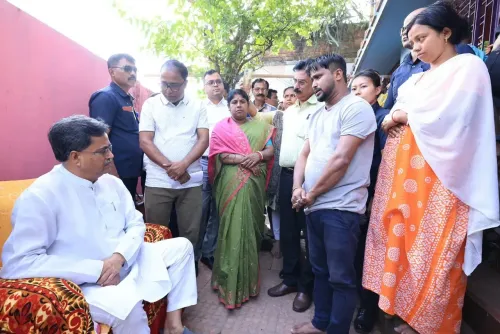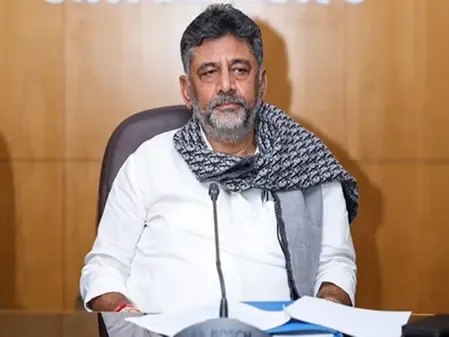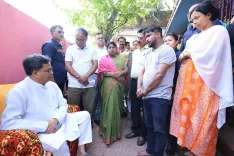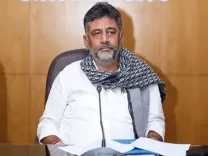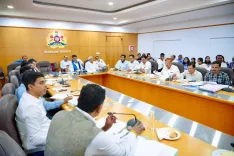Should CRISP Evaluate Employment Needs While Training Students?
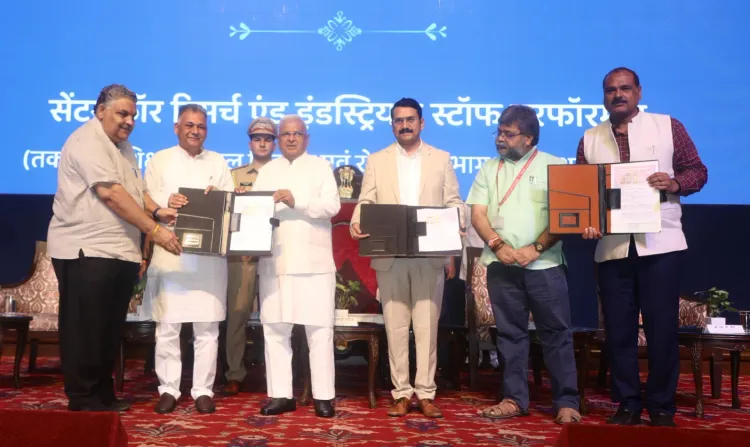
Synopsis
Key Takeaways
- CRISP's role in evaluating employment needs is essential.
- Skill development programs should match local industry demands.
- Innovative initiatives under PMKVY are pivotal for youth empowerment.
- The Four-Lane Model can enhance job opportunities.
- Agriculture continues to be a major employment sector.
Bhopal, Aug 12 (NationPress) The Governor of Madhya Pradesh, Mangubhai Patel, emphasized on Tuesday that the Centre for Research and Industrial Staff Performance (CRISP) needs to evaluate the employment requirements across various industrial sectors within the state.
Patel pointed out that students ought to be trained through skill development initiatives that align with the demands of local industries, thereby enhancing their chances of securing employment in their respective areas.
He called upon CRISP to introduce innovative programs that not only prioritize skill development but also focus on skill enhancement.
During the 29th Foundation Day event of CRISP at the Kushabhau Thakre Auditorium in Bhopal, he noted that the organization has paved new paths to self-sufficiency for youth through skill development initiatives under the Pradhan Mantri Kaushal Vikas Yojana.
Governor Patel praised this initiative, describing it as a significant step towards realizing Prime Minister Narendra Modi's vision for a self-reliant and prosperous India.
Notably, CRISP was founded in 1997 as an autonomous entity of the Department of Technical Education and Skill Development under the Indo-German Technical Cooperation Agreement.
Over its 28-year history, CRISP has actively participated in skill development, industrial training, capacity building, and technical education. According to state government data, it has trained nearly 150,000 students, 1,500 trainers, and over 10,000 state government officials and employees.
"With the visionary leadership of Prime Minister Narendra Modi, India is advancing with the commitment to 'Skilled India' and 'Capable India', emerging as an economic powerhouse," the Governor remarked.
Governor Patel mentioned that the Four-Lane Model - which includes decentralization, Swadeshi (self-reliance), entrepreneurship, and cooperatives - can significantly enhance employment opportunities in India.
He stressed that active cooperative-based industries also foster social cohesion across the nation.
He added, "Even today, agriculture stands as the largest employer for India's youth, with about 35% still reliant on it. Approximately 110 million individuals in India are involved in self-employment through small and cottage industries, contributing over 20% of overall employment."

